
 Instagram
Instagram
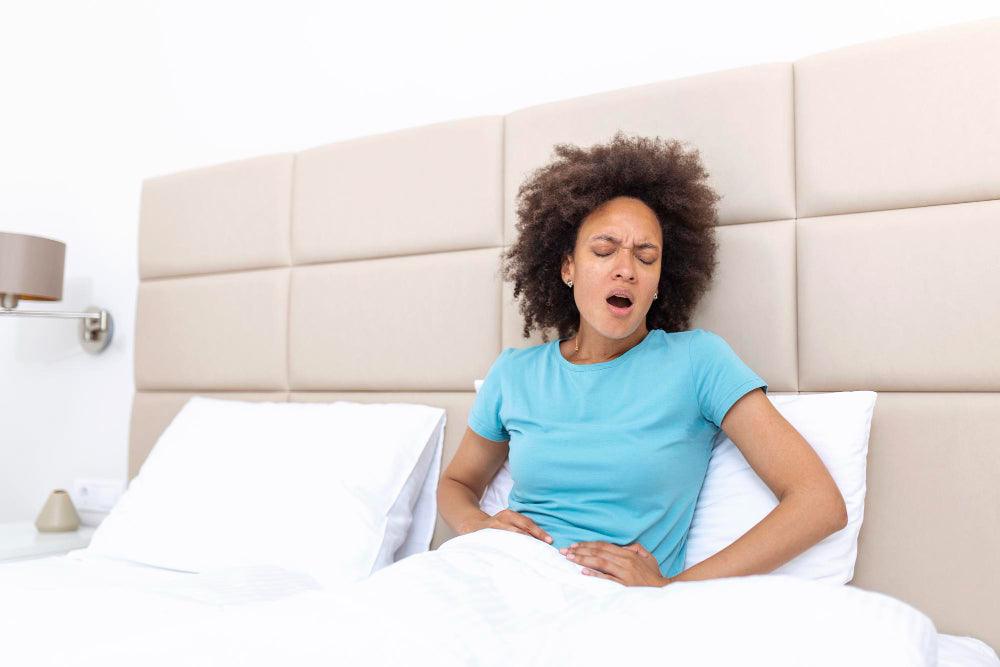
Related products
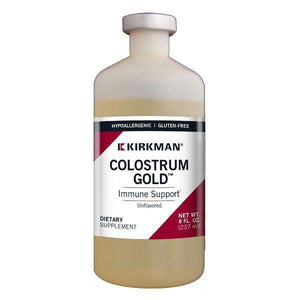
Endometriosis is a medical condition that affects women of reproductive age. It occurs when the tissue that lines the inside of the uterus (endometrial tissue) grows outside of the uterus, typically on the ovaries, fallopian tubes, or other areas in the pelvis. This abnormal growth can cause inflammation, scarring, and pain. Endometriosis can be a debilitating condition that can interfere with daily life and fertility.
The most common symptoms of endometriosis are painful periods, pain during sex, and pain during bowel movements or urination. Women with endometriosis may also experience heavy menstrual bleeding, fatigue, and infertility. However, the severity of symptoms can vary widely among individuals, and some women may not experience any symptoms at all.
Painful periods are a common symptom of endometriosis, and the pain can range from mild discomfort to severe cramping. Women with endometriosis may also experience pain during sex, which can make sexual activity uncomfortable or even painful. Pain during bowel movements or urination can also occur, particularly during menstruation when the endometrial tissue swells and puts pressure on nearby organs.
In addition to these symptoms, endometriosis can also cause infertility. The abnormal growth of endometrial tissue can interfere with the functioning of the ovaries, fallopian tubes, and uterus, making it more difficult for women to conceive. However, not all women with endometriosis experience fertility problems, and some are able to conceive without difficulty.
Diagnosing endometriosis can be challenging, as the symptoms can be similar to those of other conditions such as pelvic inflammatory disease and ovarian cysts. If a woman experiences symptoms of endometriosis, her doctor may perform a physical exam and imaging tests such as an ultrasound to look for signs of the condition. A definitive diagnosis can only be made by performing a laparoscopy, a minimally invasive surgical procedure in which a small camera is inserted into the abdomen to view the pelvic organs.
Treatment for endometriosis typically involves a combination of medications and surgery. Pain relievers such as nonsteroidal anti-inflammatory drugs (NSAIDs) can help manage the pain associated with endometriosis. Hormonal therapies such as birth control pills or gonadotropin-releasing hormone (GnRH) agonists can help reduce the growth of endometrial tissue and relieve symptoms. In some cases, surgery may be necessary to remove the endometrial tissue or treat complications such as ovarian cysts.
In conclusion, endometriosis is a medical condition that affects many women of reproductive age. Symptoms of endometriosis can include painful periods, pain during sex, and pain during bowel movements or urination. Women who experience these symptoms should speak with their doctor to discuss their options. Early diagnosis and treatment are important for managing symptoms and preventing complications such as infertility.
Please note that this quiz is for informational purposes only and should not replace a consultation with a healthcare professional.
Endometriosis Symptoms Quiz









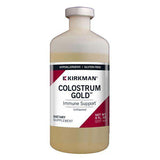



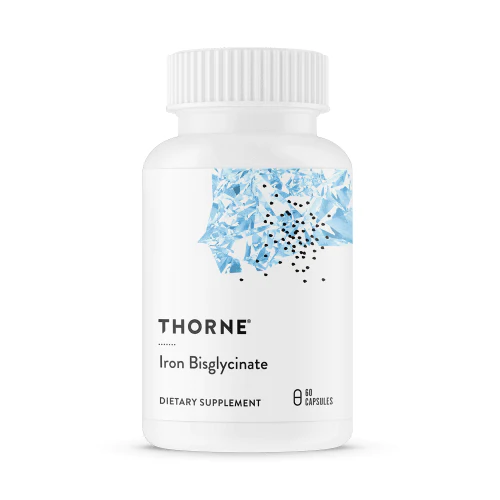


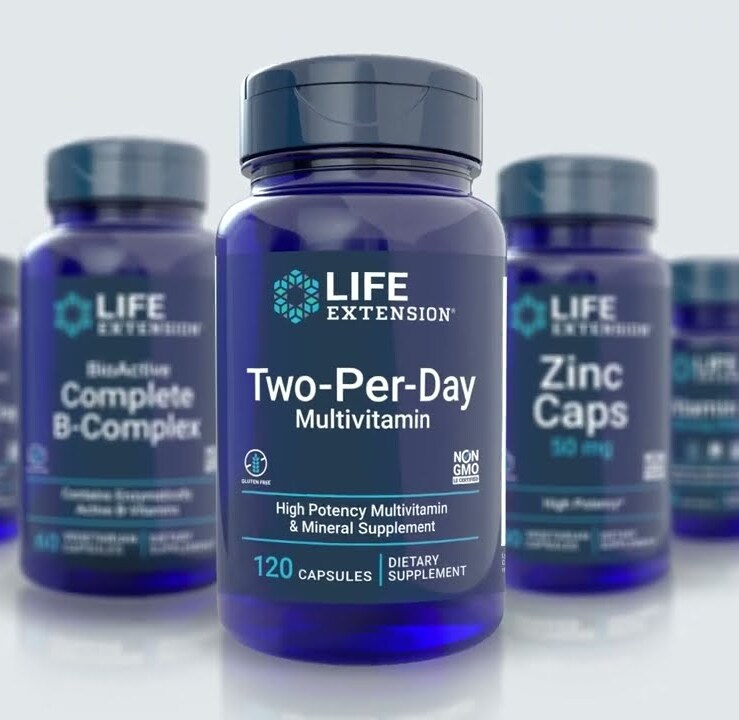








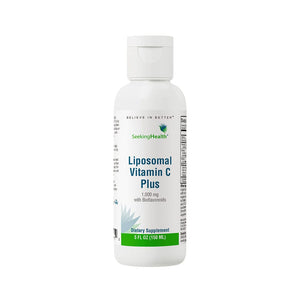






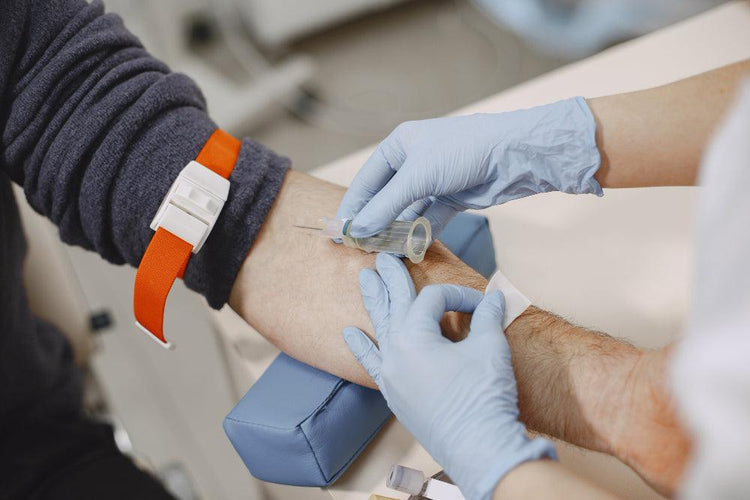



 Rated Excellent by 26,523+ Reviews
Rated Excellent by 26,523+ Reviews